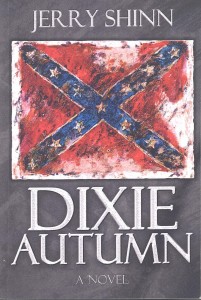Our press seems to be in a feeding frenzy regarding contacts that President Trump’s supporters had with Russian Ambassador Sergei Kislyak and with other Russian diplomats. The assumption seems to be that there was something sinister about these contacts, just because they were with Russian diplomats. As one who spent a 35-year diplomatic career working to open up the Soviet Union and to make communication between our diplomats and ordinary citizens a normal practice, I find the attitude of much of our political establishment and of some of our once respected media outlets quite incomprehensible. What in the world is wrong with consulting a foreign embassy about ways to improve relations? Anyone who aspires to advise an American president should do just that.
Yesterday I received four rather curious questions from Mariana Rambaldi of Univision Digital. I reproduce below the questions and the answers I have given. Continue reading

